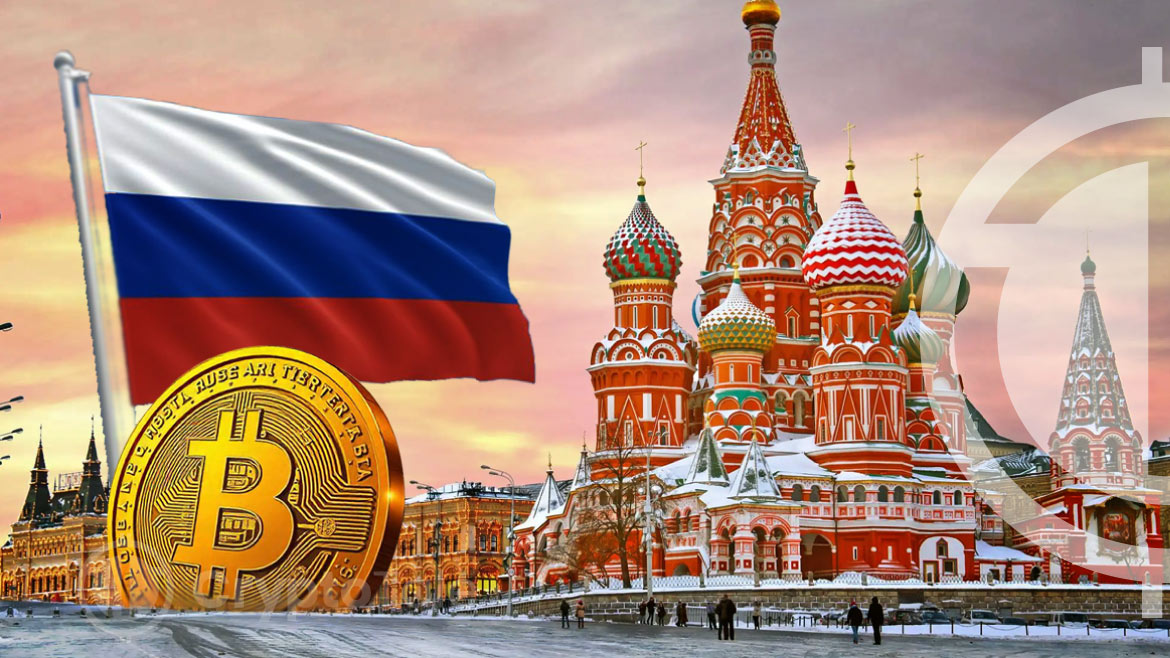- Russia tests cross-border crypto payments next week to counter harsh international sanctions.
- The new law allows crypto for international deals but keeps domestic payment ban in place.
- Russia’s central bank will oversee this experimental regime, with guidelines expected soon.
Russia is set to begin testing cross-border cryptocurrency payments next week in a strategic move to counter the effects of international sanctions. These sanctions, imposed by Western nations following Russia’s invasion of Ukraine in February 2022, have severely restricted the country’s access to global financial systems.
New Legislation Overview
According to a recent report, the new legislation, signed into law by President Vladimir Putin in July, permits the use of cryptocurrencies for international transactions. However, it does not lift the existing ban on using digital currencies for regular domestic payments within Russia. The law allows the central bank to oversee an “experimental” regime for cross-border payments. However, the specific rules and mechanisms for these transactions remain unclear.
As reported by CryptoTale, Russia’s central bank is expected to issue detailed guidelines in the coming weeks to clarify how this new system would function. The law’s vagueness has led to uncertainty about its effectiveness, as the central bank will have significant discretion in managing and possibly modifying the rules of this experimental regime.
Impact of Sanctions
Over 16,500 sanctions on Russia’s economy have been imposed by the United States, the EU, and other partners. These sanctions have frozen half of Russia’s foreign currency reserves, and essential Russian banks have been frozen from the SWIFT interbank messaging system. Consequently, Russia has had limited access to international trade using conventional financial platforms.
Global Monitoring Efforts
Blockchain analytics firm Chainalysis pointed out that Russian efforts to legalize cross-border payment in crypto are a part of its efforts to circumvent such economic measures. However, this cannot be concluded that this strategy is very effective because of the global community. The U.S. would keep an eye on and try to close all the escape channels Russia may take to avoid the sanctions.
Russia’s Central Bank Eyes Exclusive Crypto Trading for ElitesRussia’s Crypto Future
For the trials, Russia intends to use the National Payment Card System, which is in operation for interbank settlements and approved by the Russian central bank. If these trials are successful, the government may permit large Russian exchanges in Moscow and St. Petersburg to launch crypto trading platforms next year.
This legislative shift marks a significant change in Russia’s approach to cryptocurrencies. While previously opposed to digital currencies, the increasing pressure from sanctions has driven Russia to rapidly develop a legal framework for their use in international payments. However, it remains to be seen whether these efforts would provide the economic relief Russia seeks.






